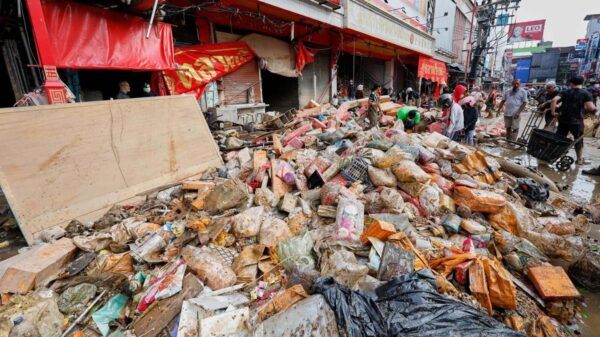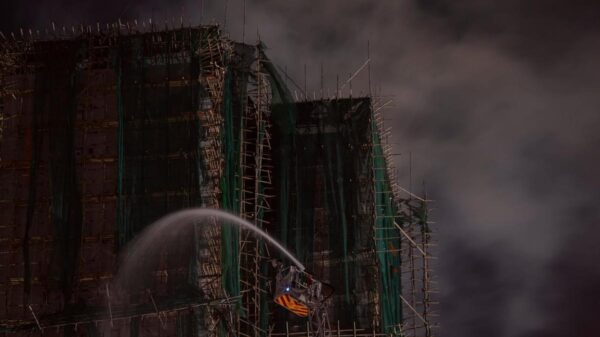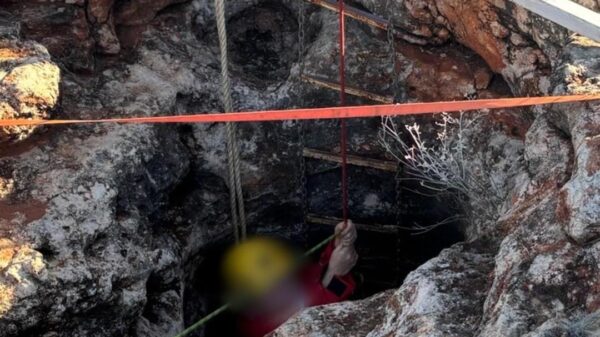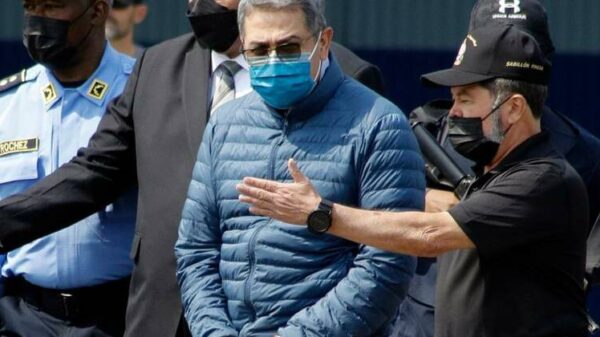Fortescue Metals Group, led by Andrew Forrest, is set to cut several hundred jobs in both the UK and Australia. This decision follows the company’s announcement to relocate manufacturing activities, including electric motor and power train production, to China. These changes come as Fortescue ramps up efforts to meet its ambitious goal of achieving “real zero” emissions by 2030 at its Pilbara iron ore operations.
The job cuts primarily impact Fortescue Zero, the company’s dedicated division focused on developing sustainable technologies. The company aims to eliminate the use of fossil fuels at its operations by the end of the decade, necessitating the acquisition of up to 400 large electric haul trucks, each weighing 240 tonnes. Recently, Fortescue announced that half of these trucks will be manufactured by Chinese company XCMG, which is a significant shift in its operational strategy.
Gus Pichot, head of growth and energy at Fortescue, stated that the firm will concentrate on research and development rather than manufacturing. “In 2022, when we committed US$6.2 billion to Real Zero, there were few capable of delivering solutions at the scale required,” Pichot explained. He highlighted Fortescue Zero’s role as a green technology innovator, emphasizing that advances in technology have allowed other companies to now support their ambitious goals.
The majority of job losses are expected to occur in the UK, a decision Pichot characterized as difficult. He committed to managing the transition with compassion, respect, and support for affected employees.
In addition to the job cuts, Fortescue has secured partnerships with several Chinese manufacturers to enhance its green energy initiatives. The company has signed agreements with BYD for battery storage solutions and Envision for wind turbines intended for its first major wind project in Pilbara. Furthermore, Longi has been contracted to supply solar photovoltaic panels for various solar projects aimed at powering its mining operations.
The partnership with Envision will also include innovative “self lifting” turbines developed by Nabrawind, a Spanish wind technology firm recently acquired by Fortescue. These turbines are expected to reduce construction costs for upcoming wind projects, with the first set to begin construction in 2026.
Fortescue’s strategic shift toward outsourcing manufacturing reflects broader trends in the mining and energy sectors, where companies are increasingly looking to streamline operations and embrace sustainable practices. As Fortescue navigates these changes, the impact on its workforce and the successful implementation of its green initiatives will remain critical areas of focus in the coming years.





























































